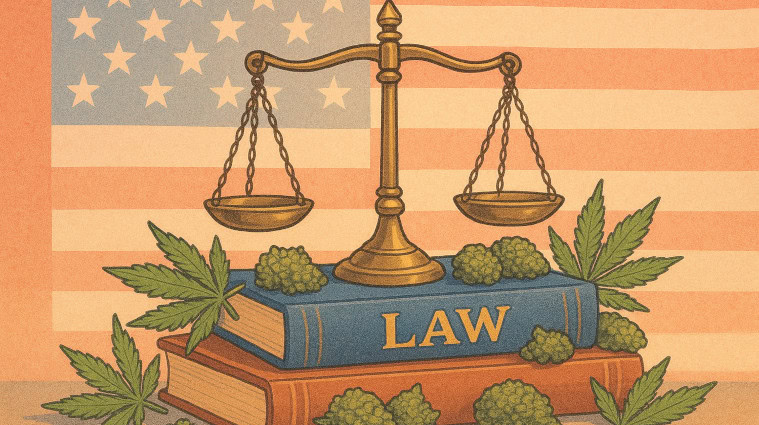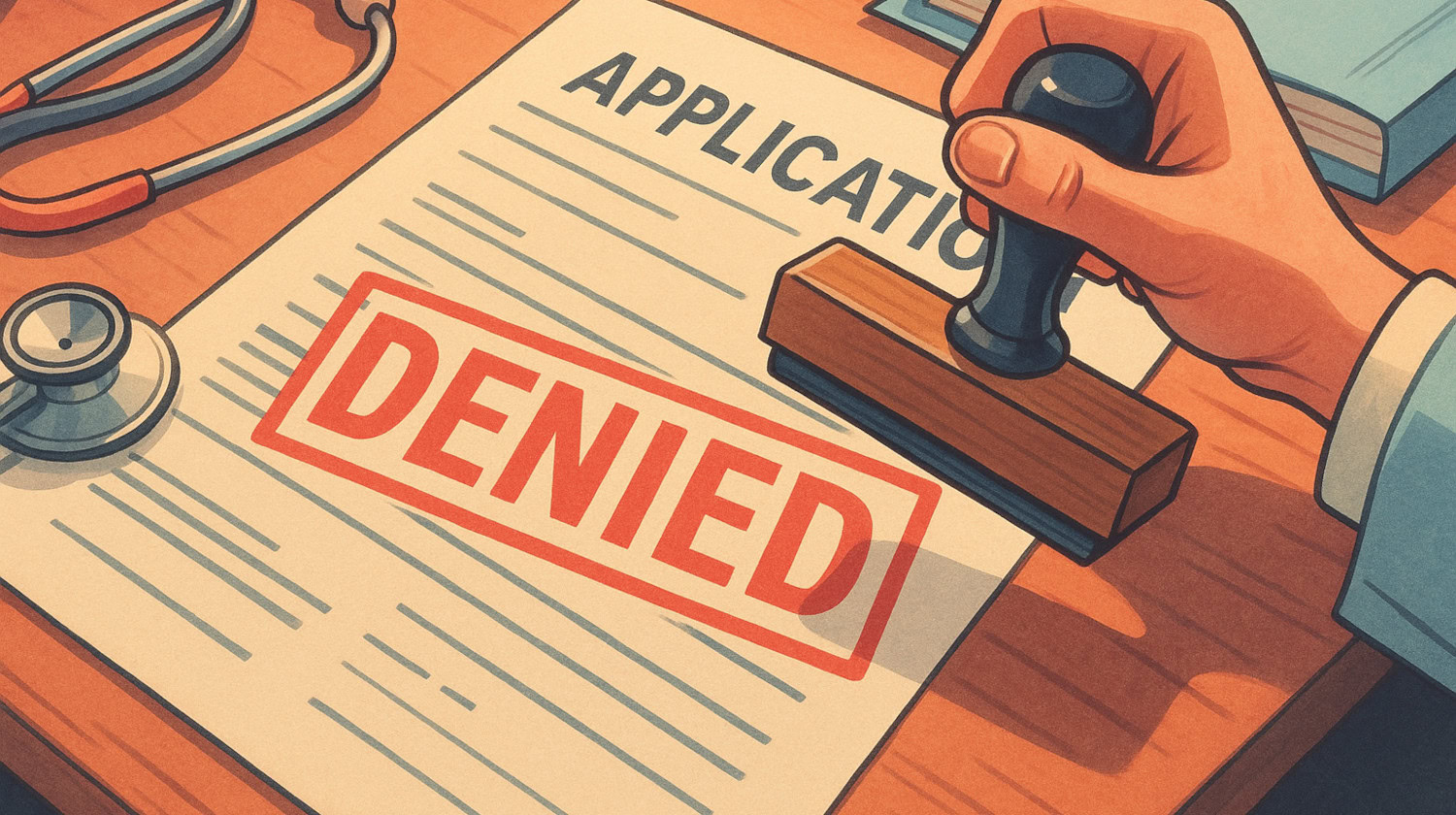Key Takeaways
- Medical cannabis patients can be denied access to certain healthcare services in various areas.
- Cannabis use can disqualify patients from organ transplant programs.
- Some states have enacted legislation to protect cannabis patients.
The use of cannabis shouldn’t disqualify anyone from receiving medical care. Unfortunately, patients can and have been denied healthcare because of their medical cannabis use.
Can You Be Denied Health Care For Having a Medical Card?
Patients with medical cannabis cards often have benefits others consumers don’t have access to, like lower taxes or higher possession limits. However, cannabis use can be a reason to exclude patients from certain types of medical treatments and procedures.
Some states have protected cannabis consumers with legislation that guarantees equal access to medical treatment. In other states, healthcare institutions and programs are allowed to discriminate against cannabis users, including medical cardholders, when providing medical care.
Patients should remember that their status as a medical cannabis cardholder is not a matter of public record. Such information is not typically included in background checks, for example. In most cases, the only people who will have information about a cardholder’s status are the patient, the physician who issued their medical cannabis recommendation, and anyone the patient shares the information with.
Although patients are not required to disclose their status as a patient in most cases, it is generally wise for patients to share their cannabis use with their doctor. Some prescription drugs can interact with cannabis, and cannabis users sometimes respond differently to anesthesia than others. Your doctor won’t know you use weed unless you tell them, so it’s best to be up front with them.
What Conditions and Procedures Can Be Affected?

Cannabis users are unlikely to be denied emergency or routine medical care, even in states that have not yet legalized weed. A patient’s status as a medical cardholder is protected personal medical information that cannot be disclosed without authorization under the federal Health Insurance Portability and Accountability Act (HIPAA).
In most cases, patients are not required to disclose their status as a cannabis user. However, some patients, such as candidates for organ transplantation, may be required to submit detailed medical and personal histories.
A 2019 case study revealed that a 20-year-old patient was denied a kidney transplant, despite a lack of scientific evidence that cannabis would interfere with a transplant.1 Nonetheless, individuals in this situation should be candid about their cannabis use with their medical providers because lab testing will likely reveal this information anyway.
The exclusion of medical cannabis patients from organ transplant programs is a controversial subject among doctors in the field. Several studies found no measurable effect of cannabis use on transplant success. However, one found that cannabis abuse or overuse increased the likelihood of adverse outcomes.2 So, it's clear that the research is limited and far from conclusive.
Are There Any Legal Protections for Medical Cannabis Patients?

Patients in several states are protected by laws that specifically prohibit medical care discrimination based on medical cannabis use, according to information from the California chapter of the National Organization for the Reform of Marijuana Laws (CalNORML). In these jurisdictions, the use of medical cannabis under the supervision of a physician is the legal equivalent of using any other prescription medicine.
The states with comprehensive policies to protect medical cannabis patients from healthcare discrimination include Arizona, Arkansas, California, Delaware, Hawaii, Illinois, Minnesota, and New Hampshire.
Additionally, a total of 13 states have enacted laws that prohibit the disqualification of a patient from organ transplantation solely because of their medical cannabis use, according to information from the Petrie-Flom Center for Health Law Policy, Biotechnology, and Bioethics at Harvard Law School. In other states, patients could be subjected to healthcare discrimination based on their use of weed, including medical cannabis.
What Can Patients Do If They’re Denied Care?
Patients in states that do not have protections for medical cardholders have some options if they are denied care based on their cannabis use. Sometimes, changing healthcare providers, if possible, can lead to better care. In extreme situations, such as a condition that could require an organ transplant, moving to a state with protections for patients, if feasible, may be the best option.
Patients facing healthcare discrimination based on their medical cannabis use, particularly in states that have protections on the books, may consider consulting an attorney to protect their rights. Alternatively, civil rights organizations, cannabis reform groups, and patient advocacy organizations may be able to offer assistance.
References
- Miller EG. Denying renal transplantation to an adolescent medical cannabis user: An ethical case study. Pediatric Transplantation. 2019;23(5). doi:https://doi.org/10.1111/petr.13467 ↩︎
- Melaragno JI, Bowman LJ, Jeong Young Park, et al. The Clinical Conundrum of Cannabis: Current Practices and Recommendations for Transplant Clinicians: An Opinion of the Immunology/Transplantation PRN of the American College of Clinical Pharmacy. 2021;105(2):291-299. doi:https://doi.org/10.1097/tp.0000000000003309 ↩︎
The information in this article and any included images or charts are for educational purposes only. This information is neither a substitute for, nor does it replace, professional legal advice or medical advice, diagnosis, or treatment. If you have any concerns or questions about laws, regulations, or your health, you should always consult with an attorney, physician or other licensed professional.




